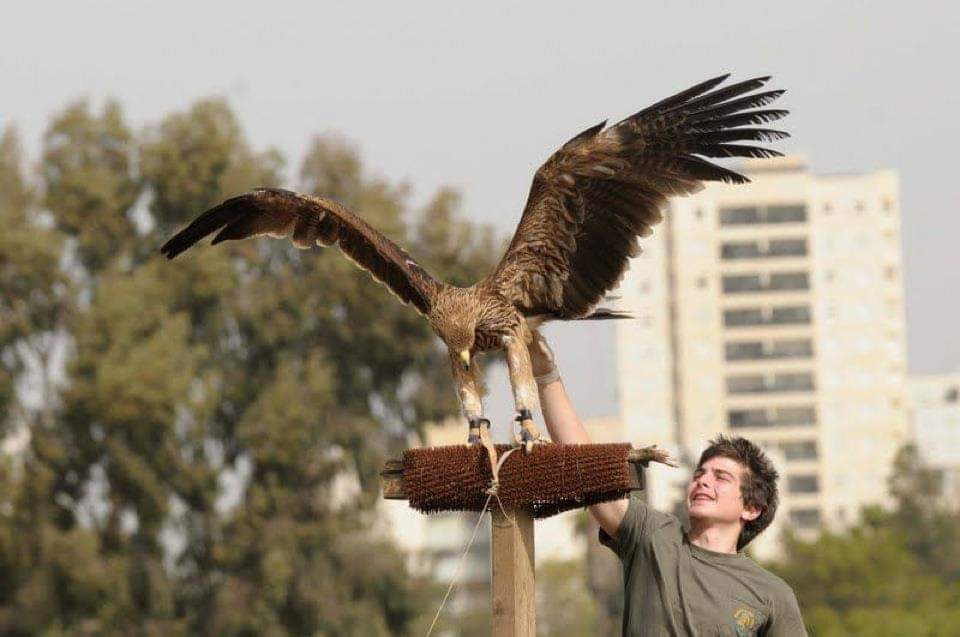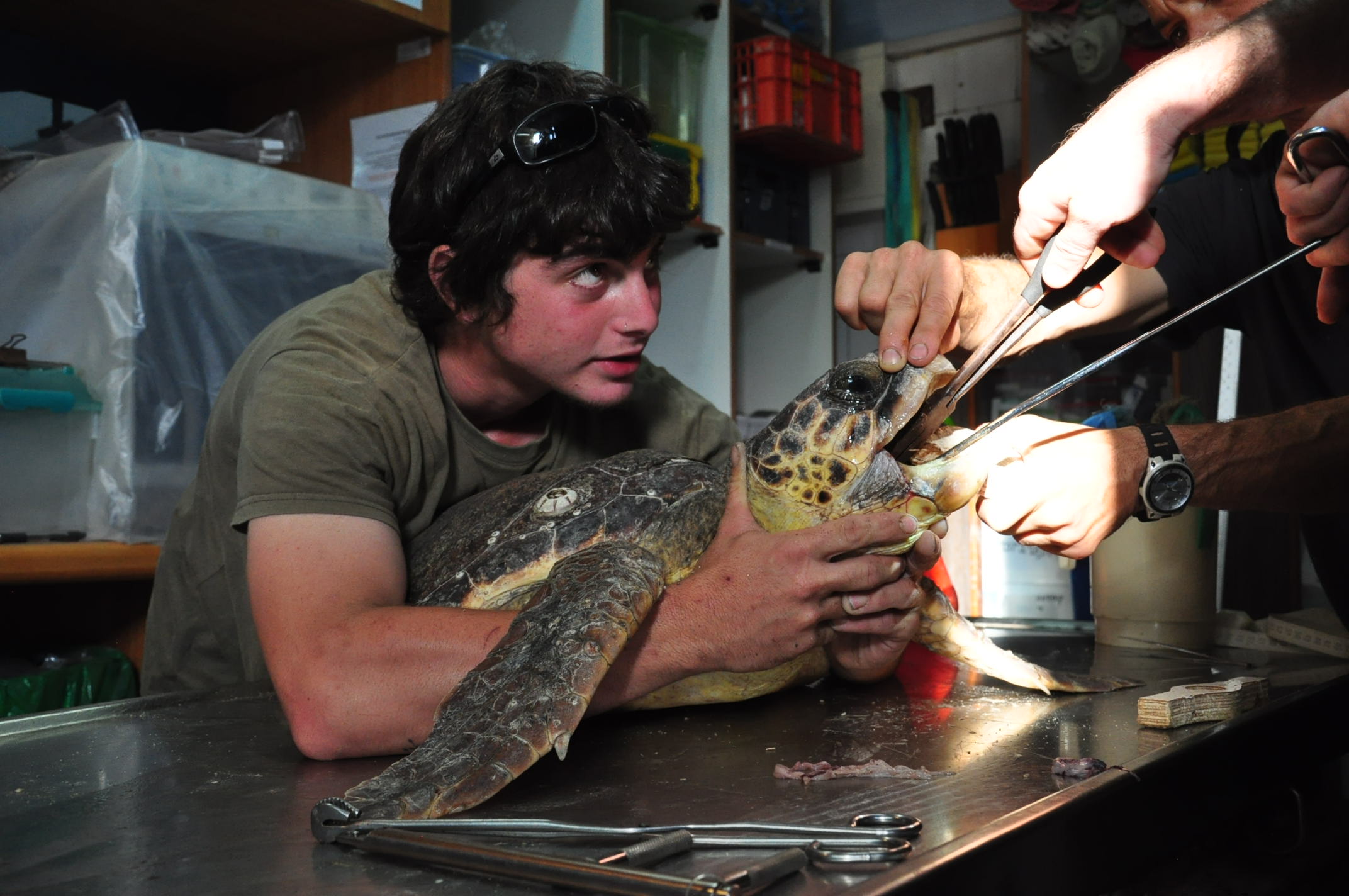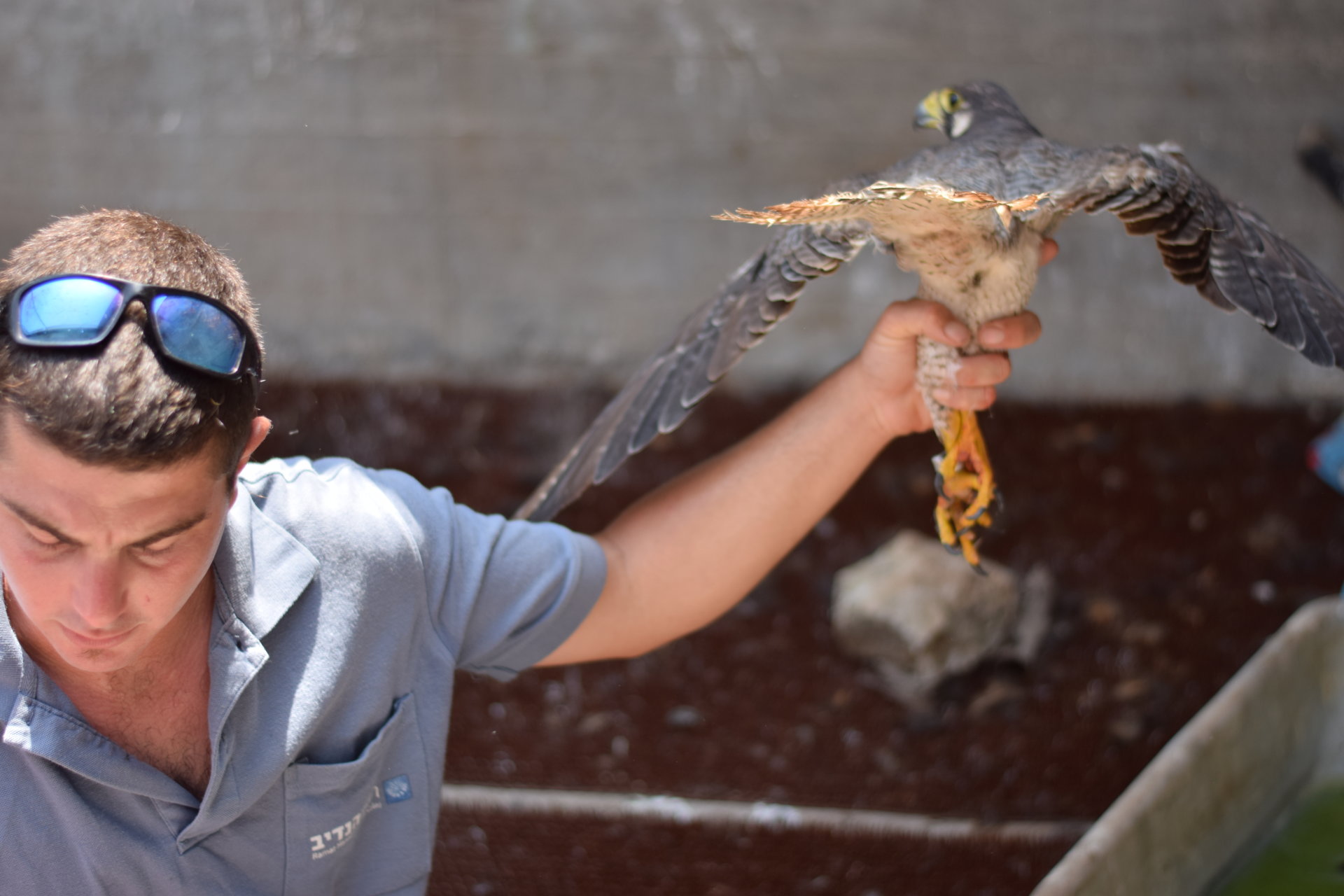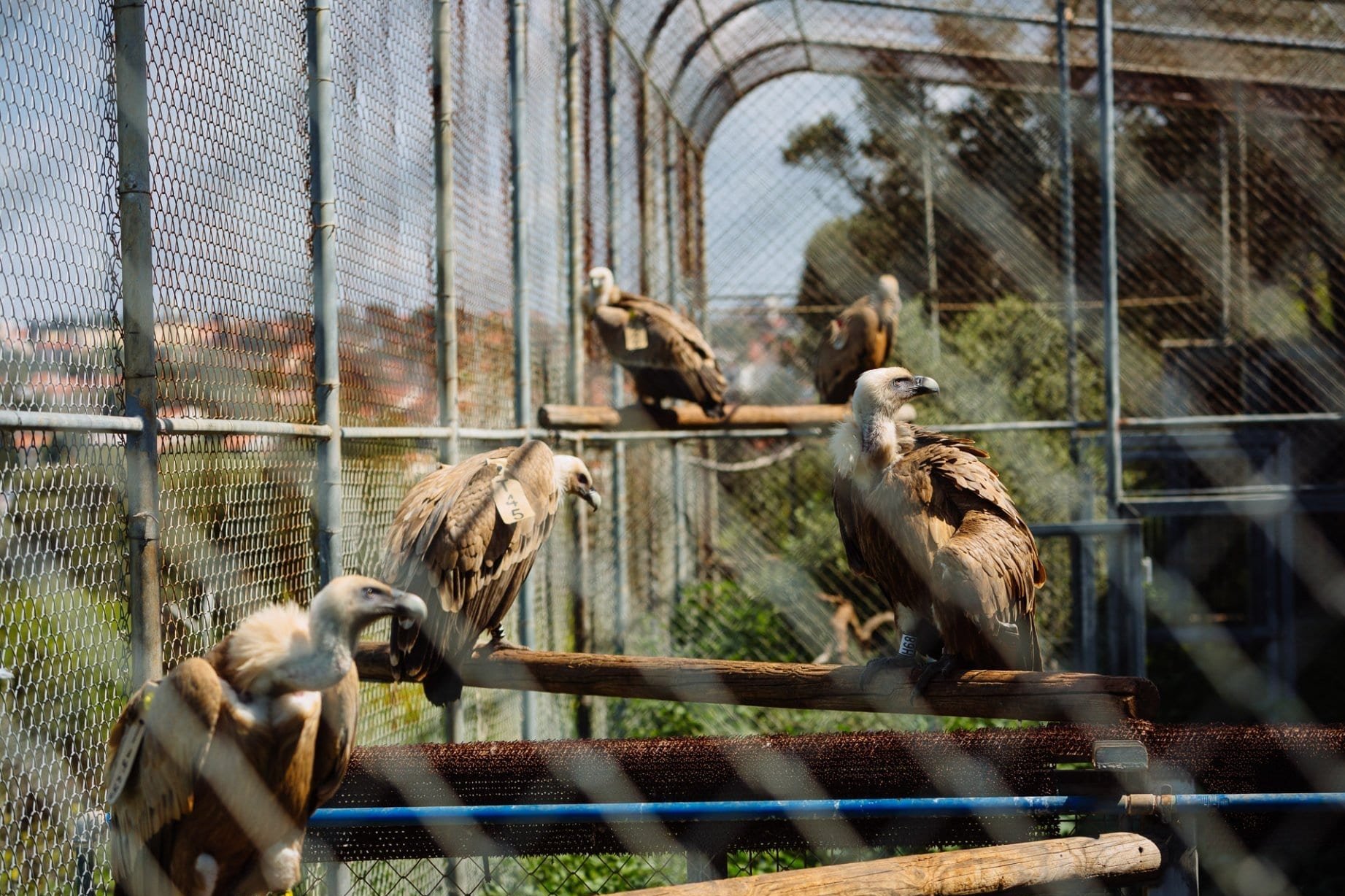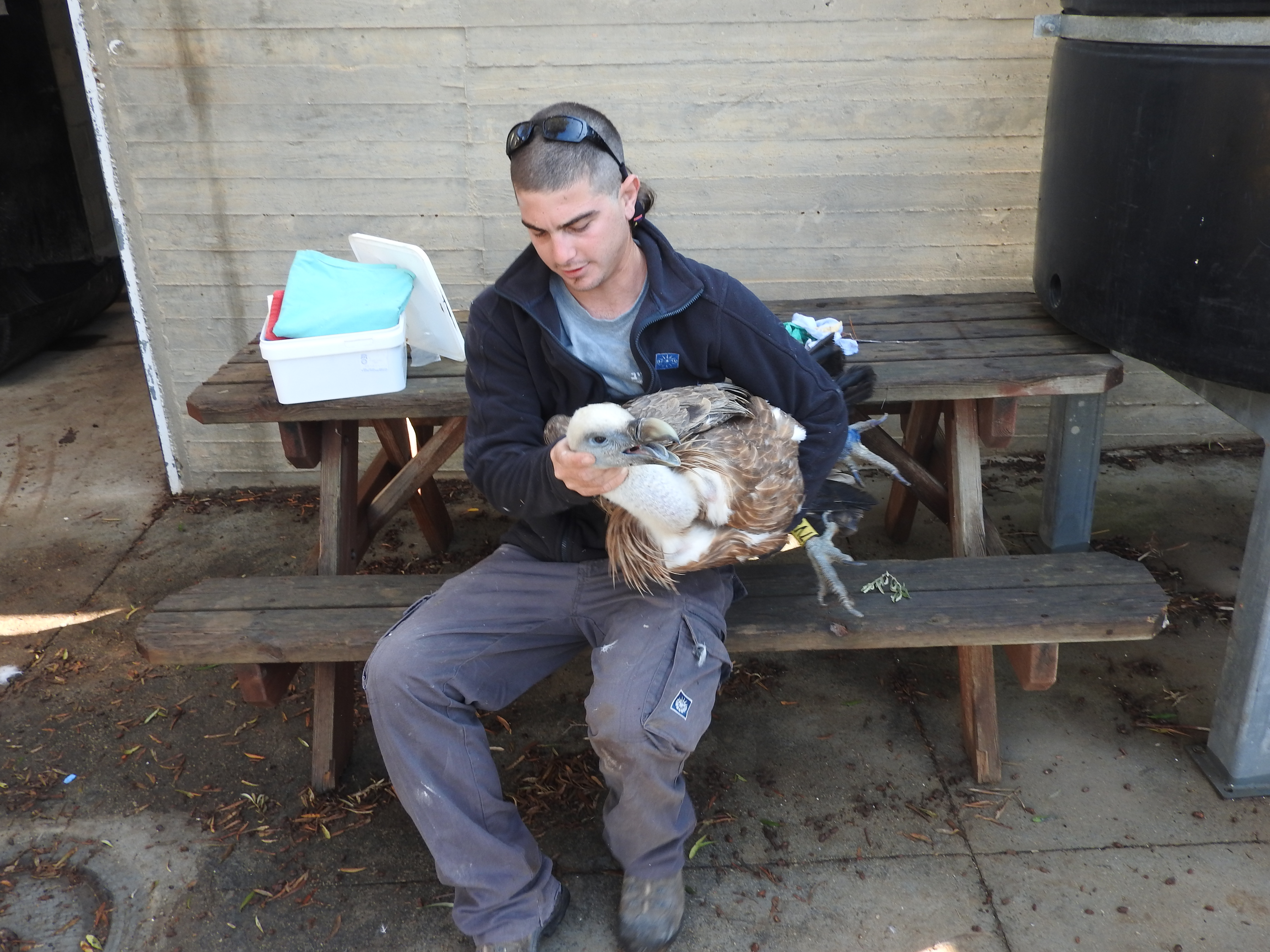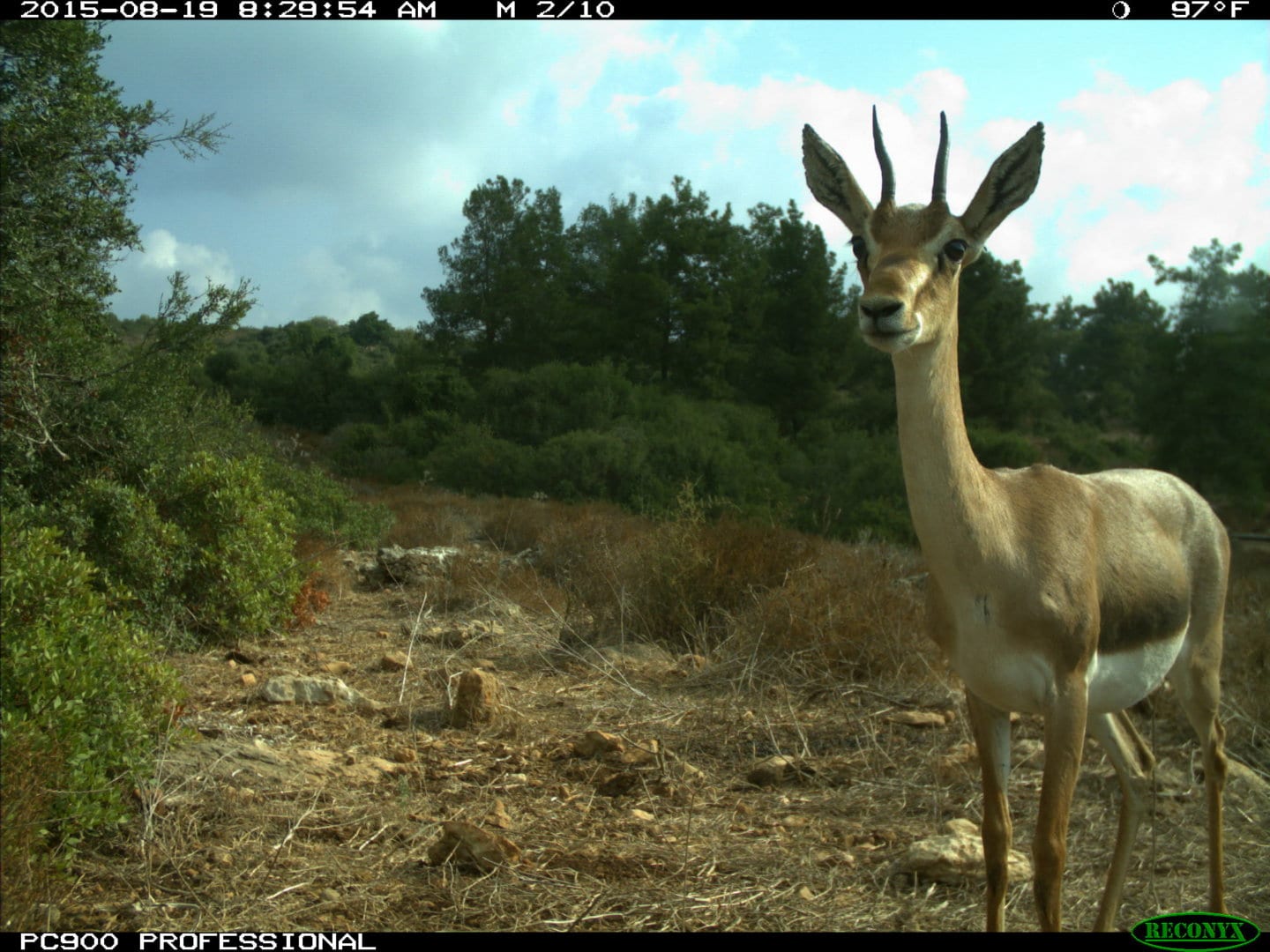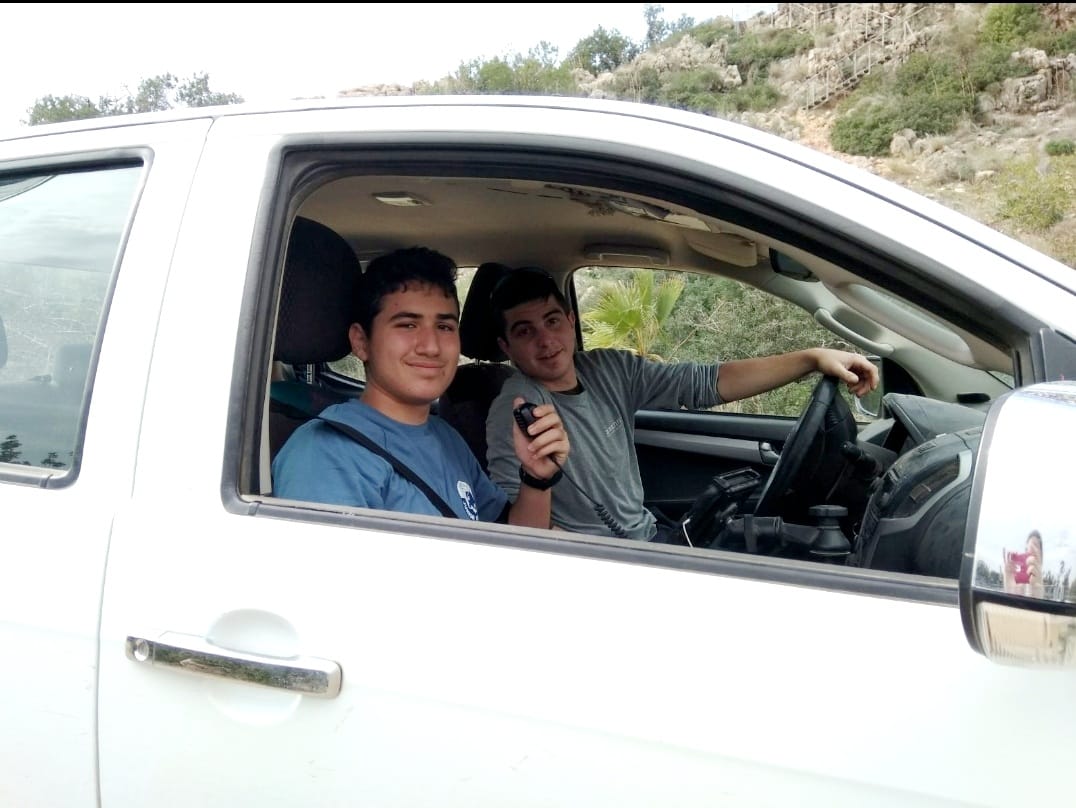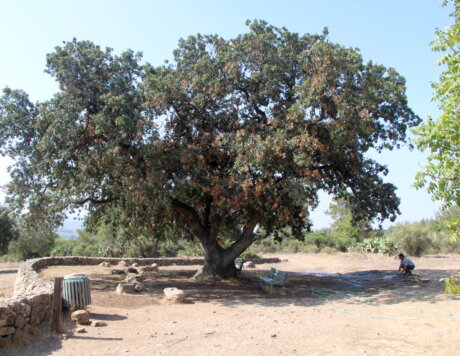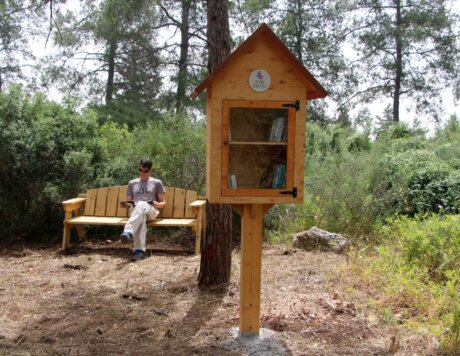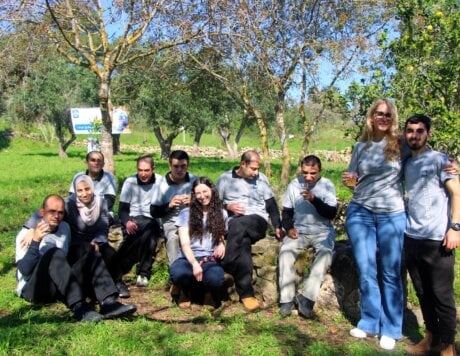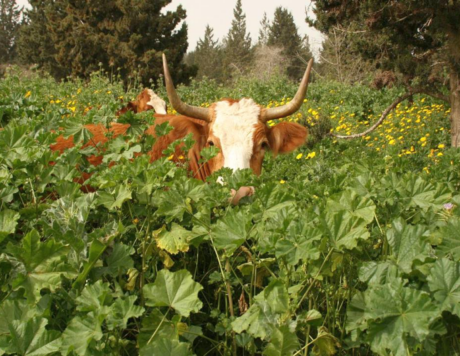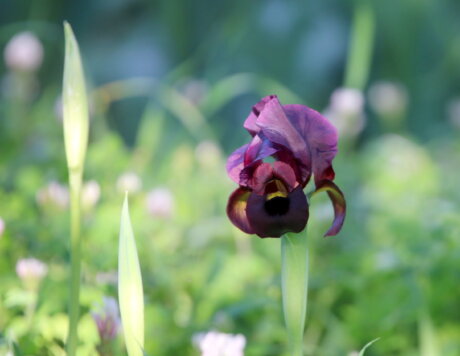And There Are Also Wild People
The course of his life could have been entirely different. Chemotherapy saved his life once, and later on nature did it. In honour of World Wildlife Day, we chose to present you with the fascinating personal story of Yaniv Levy Paz, director of wildlife conservation at Ramat Hanadiv. We have clear proof of the cliché – that even when life gives you sour, intractable lemons, you can turn them into sweet lemonade


